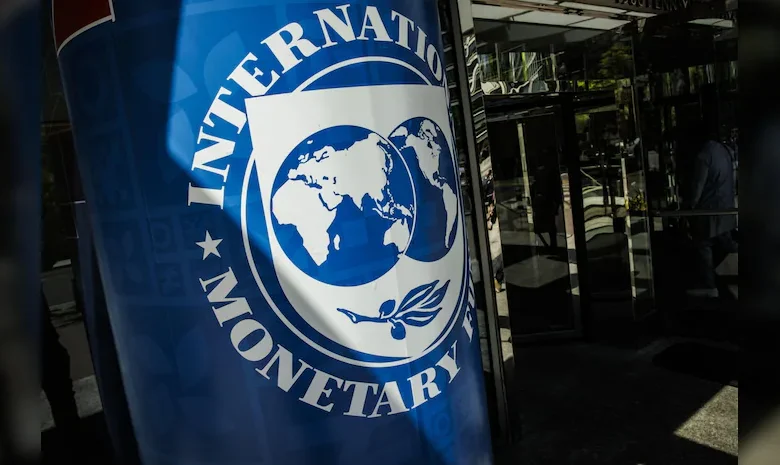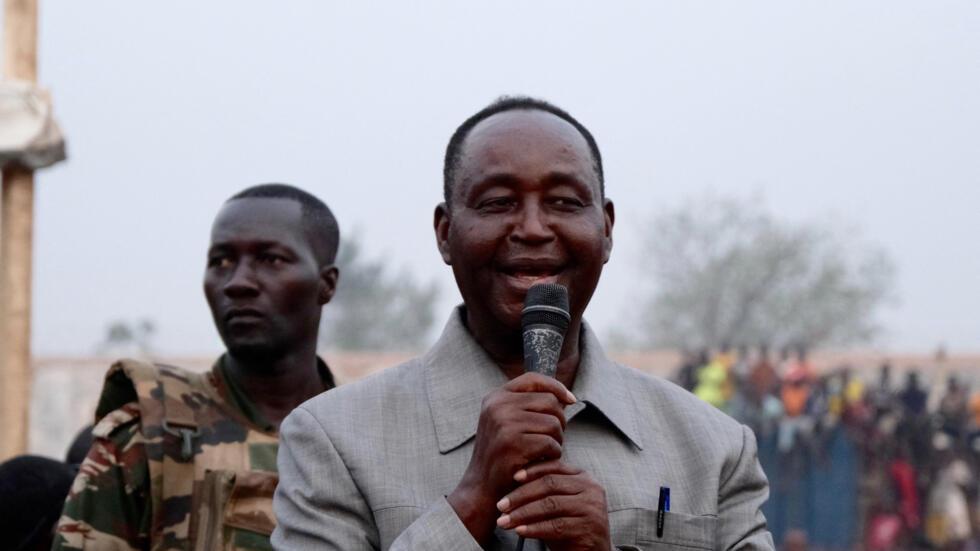
Despite signs of economic recovery, Nigeria remains at the epicenter of the global poverty crisis, hosting 15% of the world’s extremely poor population, according to the World Bank’s Africa’s Pulse report released in April 2025.
The Bank projects that Nigeria’s economy will grow by 3.6% in 2025, building on an estimated 3.4% expansion in 2024, as recent macroeconomic reforms begin to stabilise the business climate. Growth is expected to reach 3.8% by 2027, driven largely by improved performance in non-oil sectors such as financial services, telecommunications, ICT, and a gradual recovery in oil output aligning with OPEC+ quotas.
This outlook is notably more optimistic than that of the International Monetary Fund (IMF), which revised Nigeria’s 2025 growth forecast downward to 3.0%, citing structural bottlenecks and reduced oil revenues.
While economic indicators are showing cautious improvement, the World Bank warns that Nigeria remains one of the hardest-hit countries by extreme poverty. An estimated 106 million Nigerians now live on less than $2.15 per day, representing 15% of the global total and nearly one-fifth of Sub-Saharan Africa’s extreme poor.
“Sub-Saharan Africa accounts for 80% of the world’s extreme poor, and Nigeria alone represents 19% of that regional figure,” the report said. It identified Nigeria, the Democratic Republic of Congo, Ethiopia, and Sudan as the four countries housing half of the continent’s extreme poor population.
The World Bank cautioned that poverty in resource-rich but fragile economies like Nigeria is projected to increase by 3.6 percentage points between 2022 and 2027, despite temporary improvements in key service sectors.
On inflation, the Bank expects a decline from 26.6% in 2024 to 22.1% in 2025, and a further drop to 15.9% by 2027, based on recalibrated data from the rebased Consumer Price Index (CPI). The National Bureau of Statistics revised the CPI’s base year from 2009 to 2024, which brought inflation figures down sharply in January 2025. However, March data showed inflation lingering at 24.23%, underlining ongoing cost-of-living pressures.
The IMF, however, paints a grimmer inflation picture, projecting an average of 26.5% in 2025 and a sharp rise to 37.0% in 2026, attributing it to exchange rate volatility, limited supply response, and structural inefficiencies.
Currency depreciation has been another major concern. The naira was one of Africa’s worst-performing currencies in 2024, shedding over 40% of its value following the government’s move to unify exchange rates and transition to a market-determined FX system. Yet, the World Bank acknowledges that reforms have improved liquidity and helped stabilise the naira in early 2025.
On external balances, the Bank projects a current account surplus rising from 9.2% of GDP in 2024 to 9.4% in 2026, bolstered by reduced imports, stronger remittances, and higher oil exports. The IMF, however, offers a more conservative outlook, forecasting a narrowing surplus to 6.9% in 2025 and 5.2% in 2026, with oil prices remaining below Nigeria’s fiscal breakeven of $60 per barrel.
Fitch Ratings has predicted a modest surplus averaging 3.3% of GDP over 2025–2026. Central Bank of Nigeria figures show a $6.83 billion balance of payments surplus in 2024 its first in three years fueled by a $13.17 billion goods trade surplus.
Amid the data, both the World Bank and IMF stress the urgency of structural reforms. The IMF’s April Article IV consultation report highlighted Nigeria’s progress, including the removal of fuel subsidies and FX market reforms, but noted that poverty and food insecurity remain widespread, with the benefits of reform yet to reach the broader population.
The Fund urged the Nigerian government to redirect fiscal savings from subsidy removal into targeted cash transfer programmes to support those facing acute hardship. It also called for accelerated service delivery and investment in infrastructure to meet the needs of Nigeria’s rapidly growing population.
“Reform gains must be felt across households,” said IMF Managing Director Kristalina Georgieva. “Slowing global growth and falling oil prices have increased pressure on oil-exporting countries like Nigeria. Without decisive action, poverty will only deepen.”





